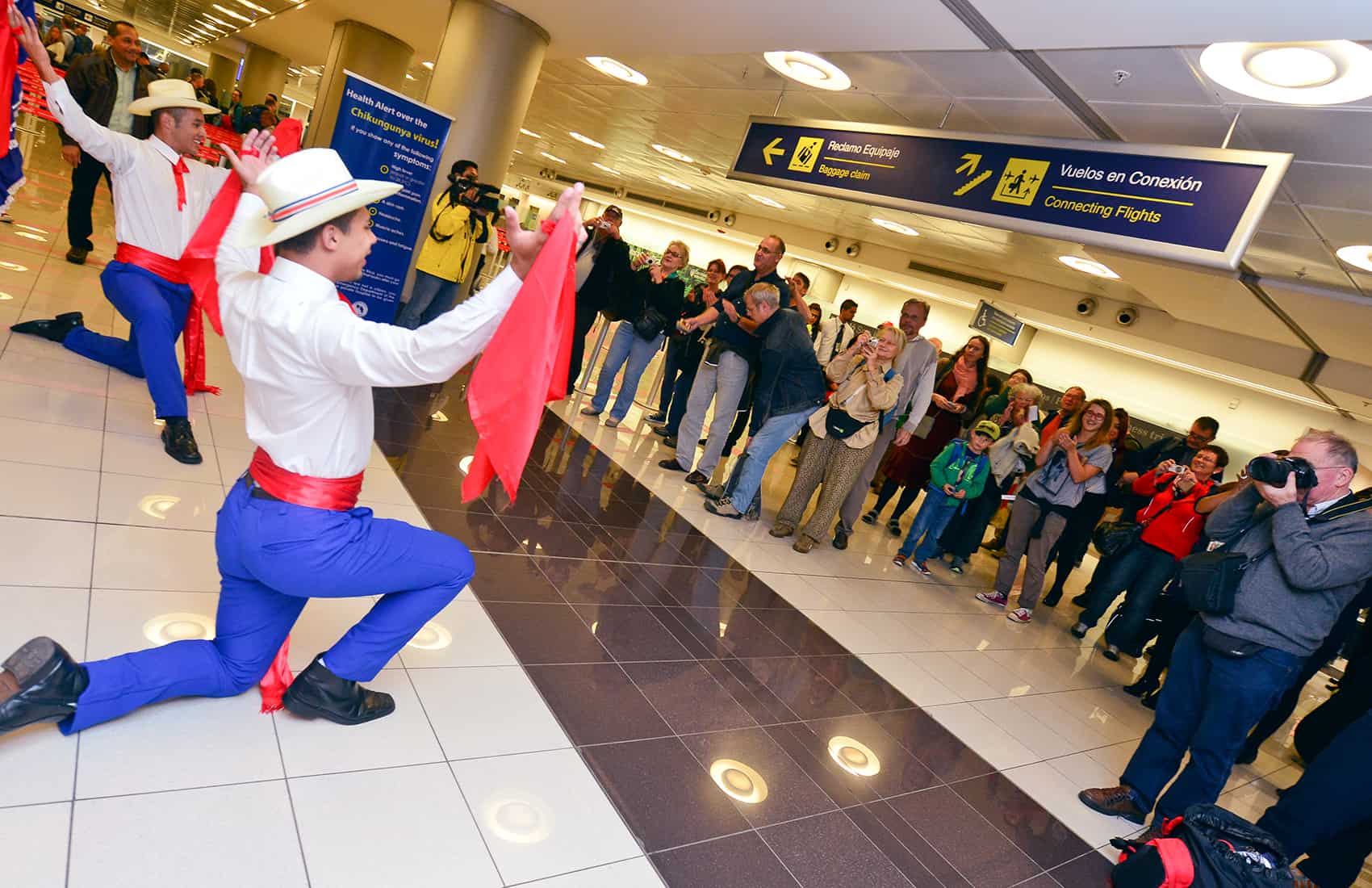The outlook for Costa Rica’s tourism sector is extremely uncertain, with the industry already hit by a decline in international arrivals due to multiple factors. Now, the imposition of tariffs threatens to create an even more challenging environment.
As U.S. importers will need to pay these additional costs, they are likely to pass them on to consumers through higher prices, a situation predicted by the president of the Central Bank of Costa Rica (BCCR), Roger Madrigal.
This expected general price increase in the United States could lead U.S. citizens to postpone trips, seek cheaper destinations, travel for shorter periods, or adopt other cost-saving measures, all of which would result in lower consumption.
Economist Gerardo Corrales emphasized that the U.S. economy will be impacted not only by the 15% tariff on all imports from Costa Rica but also by new tariffs on goods from many other countries. “You have to look at it in terms of all the tariffs Trump is imposing, which will increase the cost of living for Americans,” he said.
Corrales also noted that this must be considered alongside a weakening dollar and declining stock and pension fund values, factors that influence American consumer decisions. According to him, the mass segment of U.S. tourists will have less purchasing power, and given Costa Rica’s already high prices due to the exchange rate, visits are likely to decline further.
Roxana Morales, coordinator of the Economic and Social Observatory (OES) at the School of Economics of the National University (UNA), agreed that most of the new tariffs will be borne by U.S. consumers.
“In a period of economic uncertainty, there are activities that people postpone, and one of them is tourism,” she said. Morales stressed another critical point: the majority of tourists visiting Costa Rica come from the United States, a market now under pressure.
According to Costa Rican Tourism Institute (ICT) data, 72.8% of visitors in 2024 arrived from North America, which includes Canada and Mexico but is dominated by U.S. travelers. The ICT aims to reduce this heavy dependence, but the short-term exposure remains significant.
The executive director of the National Chamber of Tourism (Canatur), Shirley Calvo, warned that the tariffs could influence decisions in the United States, the country considered “the main source of international visitors to Costa Rica.”
“This measure impacts the purchasing power of American families, and the economic uncertainty generated by these changes influences consumer confidence, which could lead many to postpone their vacations abroad or make more conservative travel decisions,” she explained.
This combination of an unfavorable exchange rate, already high local prices, a security crisis, and the anticipated effects of U.S. tariffs paints a bleak picture for Costa Rica’s tourism industry. With the high season approaching, the sector faces an uphill battle to achieve a positive outlook.






